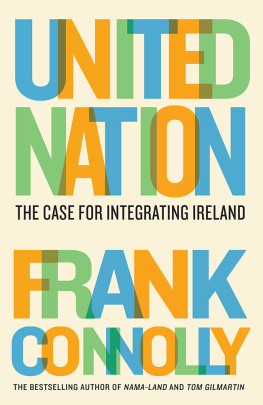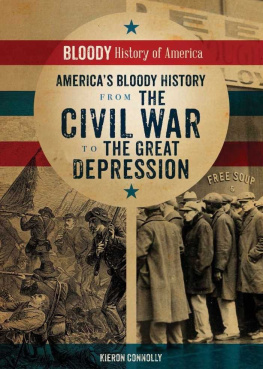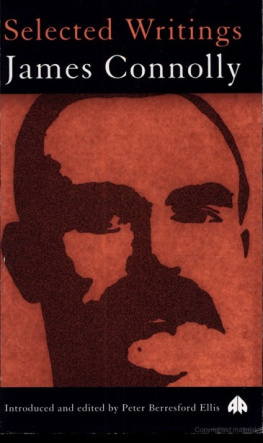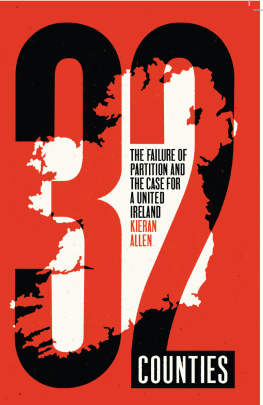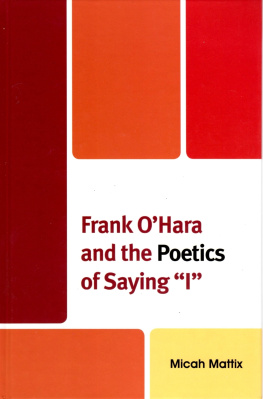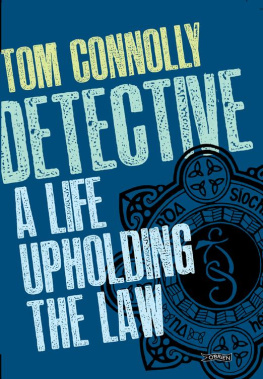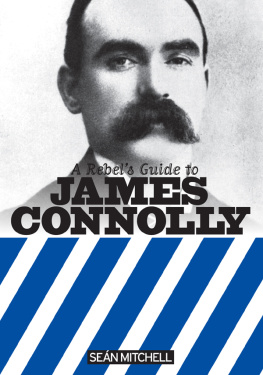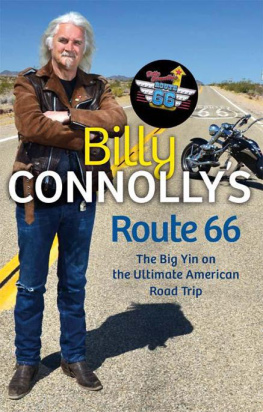Frank Connolly - United Nation: The Case for Integrating Ireland
Here you can read online Frank Connolly - United Nation: The Case for Integrating Ireland full text of the book (entire story) in english for free. Download pdf and epub, get meaning, cover and reviews about this ebook. year: 2022, publisher: Gill, genre: Politics. Description of the work, (preface) as well as reviews are available. Best literature library LitArk.com created for fans of good reading and offers a wide selection of genres:
Romance novel
Science fiction
Adventure
Detective
Science
History
Home and family
Prose
Art
Politics
Computer
Non-fiction
Religion
Business
Children
Humor
Choose a favorite category and find really read worthwhile books. Enjoy immersion in the world of imagination, feel the emotions of the characters or learn something new for yourself, make an fascinating discovery.
- Book:United Nation: The Case for Integrating Ireland
- Author:
- Publisher:Gill
- Genre:
- Year:2022
- Rating:3 / 5
- Favourites:Add to favourites
- Your mark:
- 60
- 1
- 2
- 3
- 4
- 5
United Nation: The Case for Integrating Ireland: summary, description and annotation
We offer to read an annotation, description, summary or preface (depends on what the author of the book "United Nation: The Case for Integrating Ireland" wrote himself). If you haven't found the necessary information about the book — write in the comments, we will try to find it.
United Nation: The Case for Integrating Ireland — read online for free the complete book (whole text) full work
Below is the text of the book, divided by pages. System saving the place of the last page read, allows you to conveniently read the book "United Nation: The Case for Integrating Ireland" online for free, without having to search again every time where you left off. Put a bookmark, and you can go to the page where you finished reading at any time.
Font size:
Interval:
Bookmark:


For my beautiful grandkids, Alannah, Ran, Fiadh, Van and
Bodhi, whose generation can finally achieve our great hope of
cherishing all the children of the nation equally.
Contents
PREFACE
I n August 2020, in the early stages of this project, I met with the late poet, Thomas Kinsella, at his home in Booterstown, County Dublin. At 92 years of age, the translator of the Tin and the writer of Butchers Dozen, his scathing response to the Widgery Report on Bloody Sunday in Derry in 1972, had much to say about the growing debate on a united Ireland. He was adamant that it would not happen.
The Unionist people are different. Planted in Ulster for half a millennium; growing their roots still, Kinsella said in an interview with me. He could imagine nothing more manageable than the present arrangement with the Good Friday Agreement. A documentary of their difference. During two hours of discussion, which covered what he has described as the dual tradition in Ireland, Kinsella spoke of the fundamental difference between the culture and poetry of the Gael and that of the planter.
Ireland was the closest of Englands colonies, and the most thoroughly civilized, Kinsella wrote in his 1995 book The Dual Tradition. The mechanics of colonialism were tested in Ireland and the stages recorded in Irish literature, in both languages. It is one of the findings of Irelands dual tradition that an empire is a passing thing, but that a colony is not.
He was unmoved by the argument that demographic, political and economic change, and the decision of the UK to leave the EU in 2016, had altered the landscape. He was not convinced that the conditions were approaching when a majority of people in the North might choose to break the union and join a new and united Ireland through referendums, north and south, as envisaged in the Belfast or Good Friday Agreement (GFA). One of our greatest poets, Kinsella died 16 months after our discussion, in December 2021.
His arguments and analysis are important and will resonate with many readers. They help to explain why so many of the Protestant and unionist culture in the North remain steadfast in their deep hostility to constitutional change, even while their communities, their politics and their allegiances are under siege as never before. Now, many of those who previously supported unionist parties are drifting towards new ideas as the political and cultural winds of change across the island are sweeping away old certainties.
It is unsurprising that most unionist politicians, at least in public, do not wish to engage in the discussion about what a united Ireland might look like. By definition, they are part of the greater union and intend to remain so, even as that relationship is fraying at its edges, with an independent Scotland a real prospect in the coming years. For this book, I have engaged with influential figures in the unionist community who are open to discussion about Irish unity, but are also concerned that their identity, traditions and rights are respected in any such process, as guaranteed in the GFA. They have openly discussed the prospect and potential benefits of a united Ireland, and their views are widely shared among others whose traditional allegiance was to Britain but who are reluctant to declare their shifting position publicly. Many voted to remain in the Brexit vote, and have since withdrawn their political support from the larger unionist parties.
These voters, along with many others who define themselves as neither unionist nor nationalist, and who are open to the idea of a new, inclusive and integrated Ireland, will be decisive in the forthcoming unity referendums. They wish to regain their citizenship of the EU while retaining their British or Irish citizenships, or both.
In our discussion for this book in early January 2022, President Michael D. Higgins said that it is now accepted that both societies that emerged from partition on the island were flawed and failed to deliver equality for all of their citizens. He argued that the oppression of the minority nationalist community in housing, employment and basic civil rights formed a different, but no less undemocratic and unequal, society in the North. Neither state had as its primary purpose providing for the wellbeing of all its citizens on an inclusive basis.
Within the nationalist community there is a growing momentum for constitutional change, intensified in recent years by the UKs exit from the EU and the possibility of a return to a hard border on the island. The nationalist community in the North is no longer a minority and is determined to exercise its right to self-determination, a promise delivered by the GFA. The Agreement provides for referendums, North and South, with the decision based on a 50 plus 1 majority in each. The economic, demographic and political changes that have occurred in both the North and the South since the GFA was endorsed in May 1998 accelerated by the trauma of Brexit have ensured that the decision will capture, if not dominate, the political agenda over the coming years.
In November 2018, along with 1,000 other journalists, artists, trade union and community activists, people in health, education, business and sports across the country, I signed an open letter to the Taoiseach, Leo Varadkar, asking him to ensure that the rights of nationalists in the North were protected as the prospect of a no deal Brexit loomed. I subsequently participated in meetings and discussions of Irelands Future in its growing campaign for a citizens assembly and preparations for a unity referendum as it gained traction at home and abroad. Since then, the civic movement has extended from its nationalist roots to embrace people across society, North and South, including many from within the wider cultural, academic, professional, business and sporting life.
When I first discussed this project with Deirdre Nolan of Gill Books in March 2020, I suggested that it would be useful if people knew what they were voting for when asked to make such a historic and transformative choice. This was a time of protracted and difficult negotiations between the EU and Britain over their separation. It was just before the world was struck by Covid-19 and the ensuing public health crisis.
In my written proposal for this book, I set out the parameters of the work that would have to embrace the questions of constitutional change. It would also examine the nature of the health, education and other public services in a new Ireland, the challenge of convincing a significant number of people from a culturally Protestant and unionist background to consider a future all-island economy and society within the EU and the extent of change that people on both sides of the border might expect.
The document made clear that the work was not about my views of what a united Ireland could look like, although I have supported the idea for as long as I can remember, but about how professionals, academics, artists, activists and politicians might imagine its future across a range of areas and interests. The vision of how Ireland can be integrated is gleaned through the perspectives of doctors, teachers, economists and historians, former police officers and soldiers, lawyers, academics, activists, artists, writers, actors, singers, poets and politicians; women and men whose views on what is possible are rooted in their life experience.
Some I know through my journalism, political campaigning and trade union activism over many decades, while others I encountered for the first time through this work. It has been a privilege to have access to their knowledge and personal stories, which are so central to making this an accessible and hopefully enjoyable exploration of our future, collective potential.
Font size:
Interval:
Bookmark:
Similar books «United Nation: The Case for Integrating Ireland»
Look at similar books to United Nation: The Case for Integrating Ireland. We have selected literature similar in name and meaning in the hope of providing readers with more options to find new, interesting, not yet read works.
Discussion, reviews of the book United Nation: The Case for Integrating Ireland and just readers' own opinions. Leave your comments, write what you think about the work, its meaning or the main characters. Specify what exactly you liked and what you didn't like, and why you think so.

